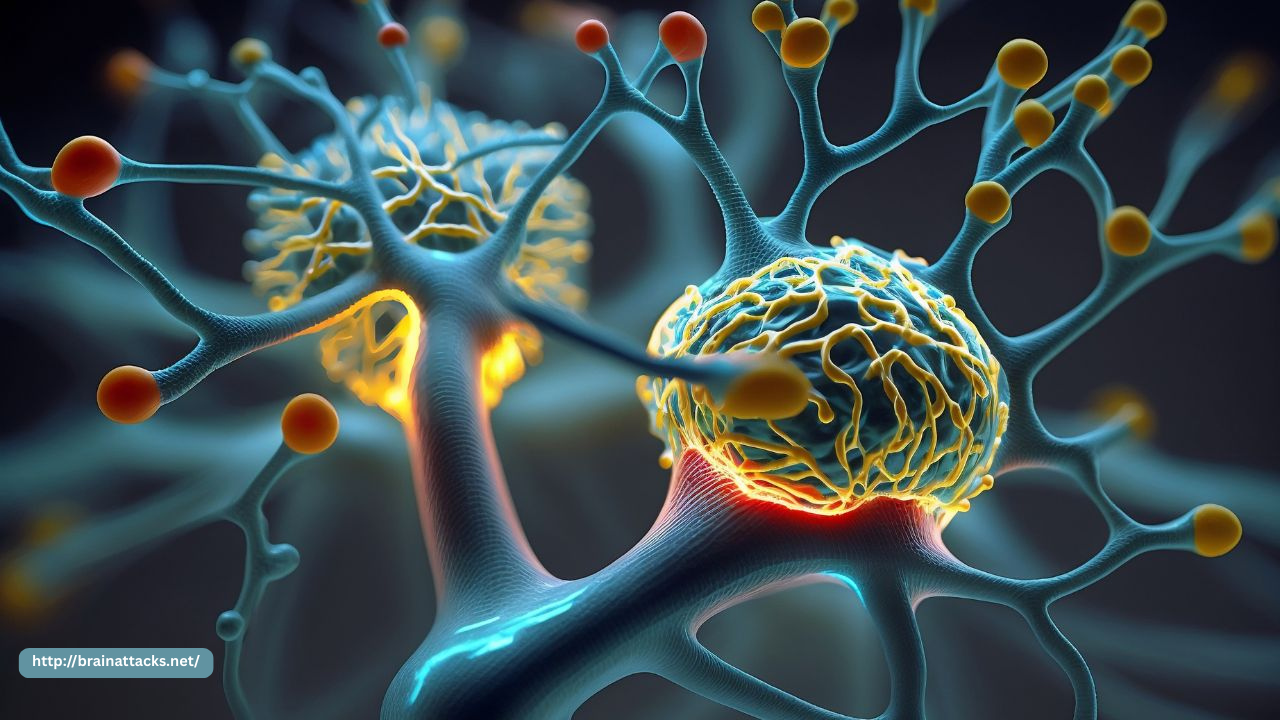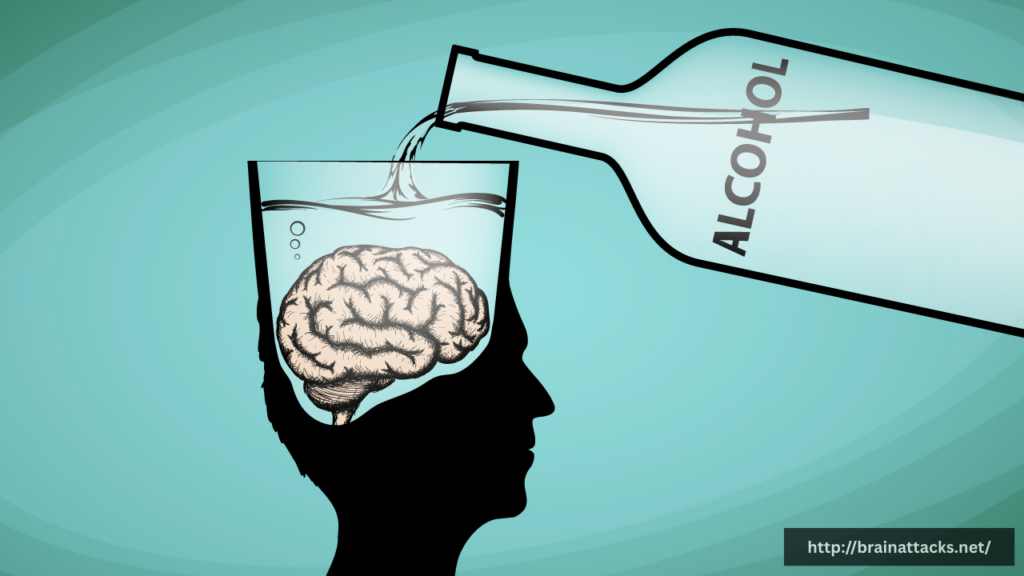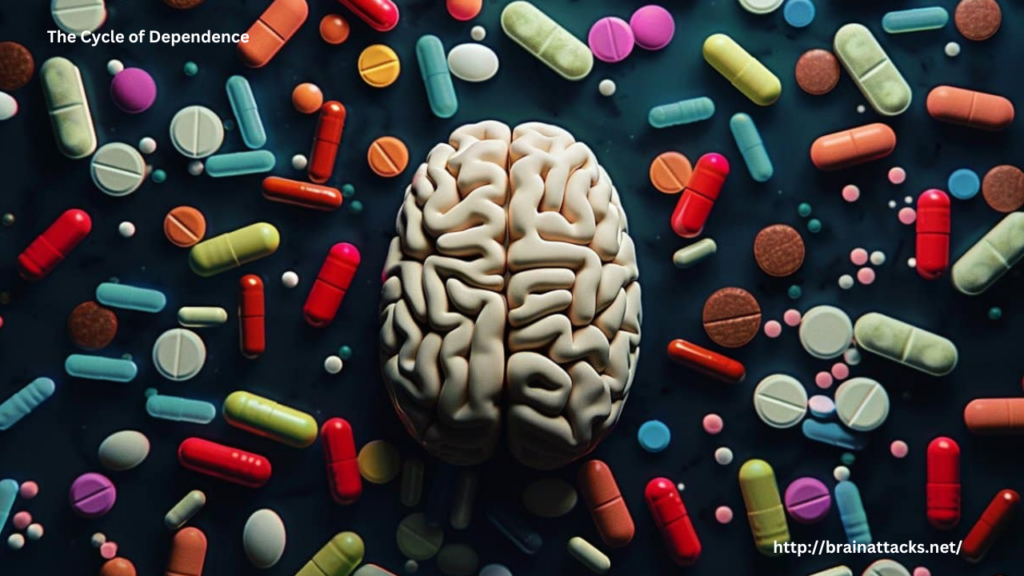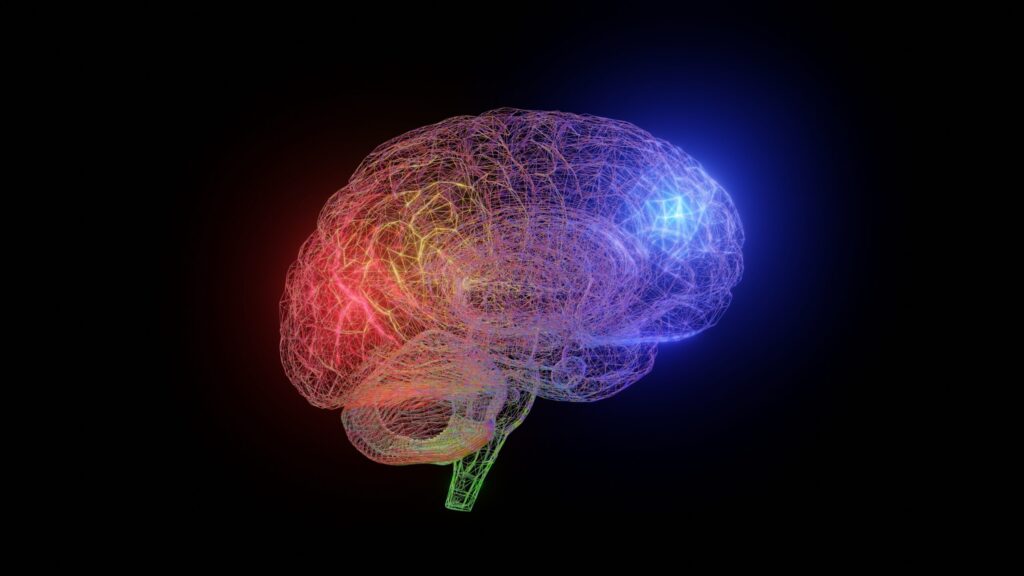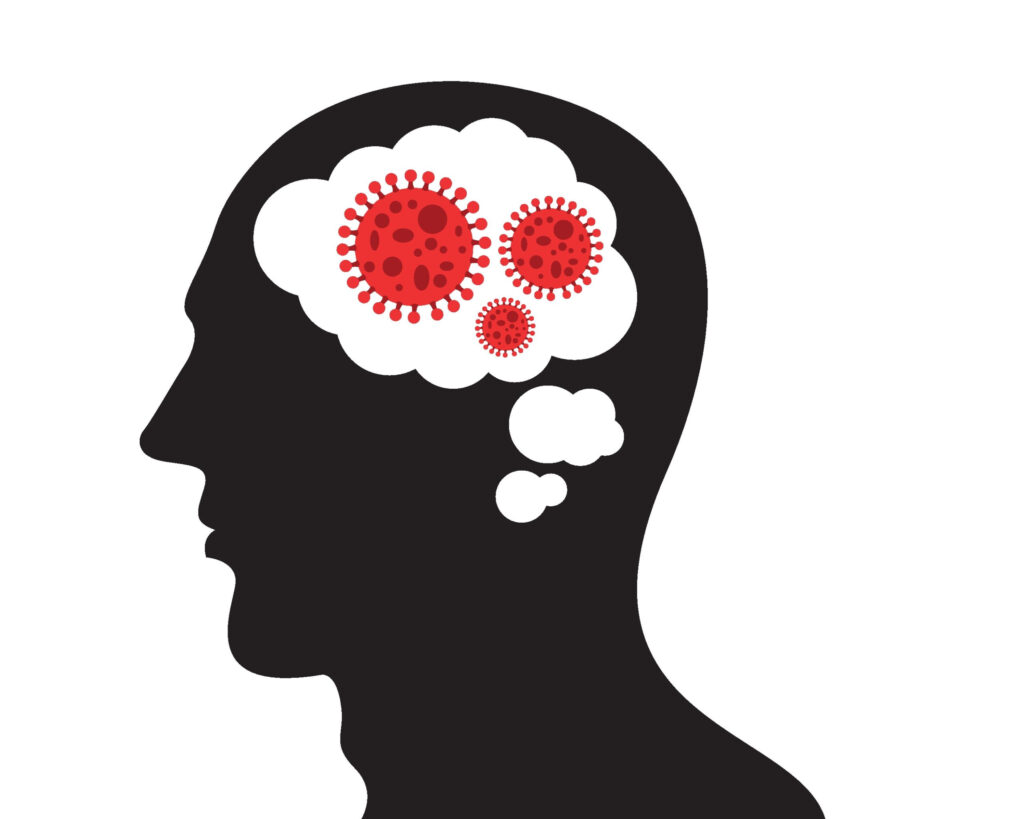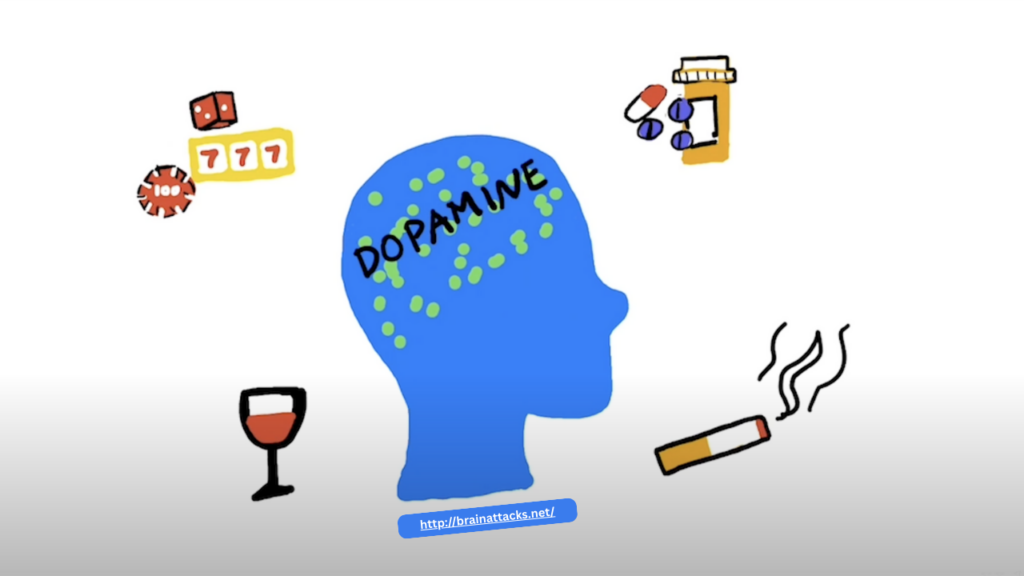
Addiction is more than a habit—it’s a brain disorder that hijacks key neurological processes. One of the most critical elements involved in addiction is dopamine, a neurotransmitter that plays a central role in reward, motivation, and decision-making. When addictive substances artificially stimulate dopamine release, they alter the brain’s natural balance, leading to impaired judgment, compulsive behavior, and long-term cognitive damage. Understanding how addiction affects dopamine and decision-making reveals the destructive cycle many individuals face and the neurological roadblocks to recovery.
Dopamine: The Brain’s Reward Messenger
Dopamine is often referred to as the “feel-good” chemical, but its role is far more complex. It reinforces behaviors that are beneficial for survival, such as eating, social interaction, and exercise. When you engage in a pleasurable activity, dopamine is released, motivating you to repeat that behavior.
Addictive substances like cocaine, heroin, nicotine, and alcohol flood the brain with dopamine far beyond natural levels. This intense surge creates a powerful sense of euphoria, which the brain quickly begins to associate with the substance. Over time, the brain adapts by reducing its own dopamine production and decreasing dopamine receptors. This leads to a state where natural rewards no longer provide pleasure, and the substance becomes the only source of satisfaction.
How Addiction Impairs Decision-Making
One of the most harmful effects of this dopamine disruption is on the brain’s decision-making center: the prefrontal cortex. This region is responsible for rational thinking, impulse control, and long-term planning. In individuals with addiction, the prefrontal cortex becomes compromised, leading to:
- Impaired judgment: Decisions are increasingly based on short-term gratification rather than long-term consequences.
- Loss of impulse control: Individuals find it harder to resist cravings and urges, even when they know the risks.
- Risky behavior: The desire for the substance overrides caution, leading to unsafe choices around driving, sex, and finances.
As the brain’s executive functions decline, addiction becomes a self-reinforcing loop. The individual uses the substance to feel normal, even as it further damages their cognitive abilities.
The Destructive Cycle of Craving and Use
Addiction changes the way the brain evaluates risk and reward. Cravings are not just psychological; they are rooted in neurological changes that make the brain hyper-focused on obtaining the substance. Everyday activities lose their appeal, while cues associated with drug use—such as a location, emotion, or social situation—trigger intense urges.
This cycle often leads to a narrowing of focus, where obtaining and using the substance becomes the primary goal, at the expense of relationships, responsibilities, and health.
Can the Brain Recover?
While addiction causes significant brain damage, recovery is possible through neuroplasticity—the brain’s ability to rewire itself. With sustained abstinence, therapy, and healthy lifestyle changes, dopamine systems can begin to normalize and prefrontal cortex function can improve. Treatments such as cognitive behavioral therapy (CBT), mindfulness, and medication-assisted treatment help restore decision-making abilities and reduce the risk of relapse.
Conclusion
Addiction rewires the brain by hijacking dopamine pathways and impairing decision-making processes. This neurological disruption fuels a cycle of compulsive use and self-destruction. But with proper treatment and support, the brain can heal. Understanding the science behind addiction empowers individuals to seek help and begin the path toward recovery.
